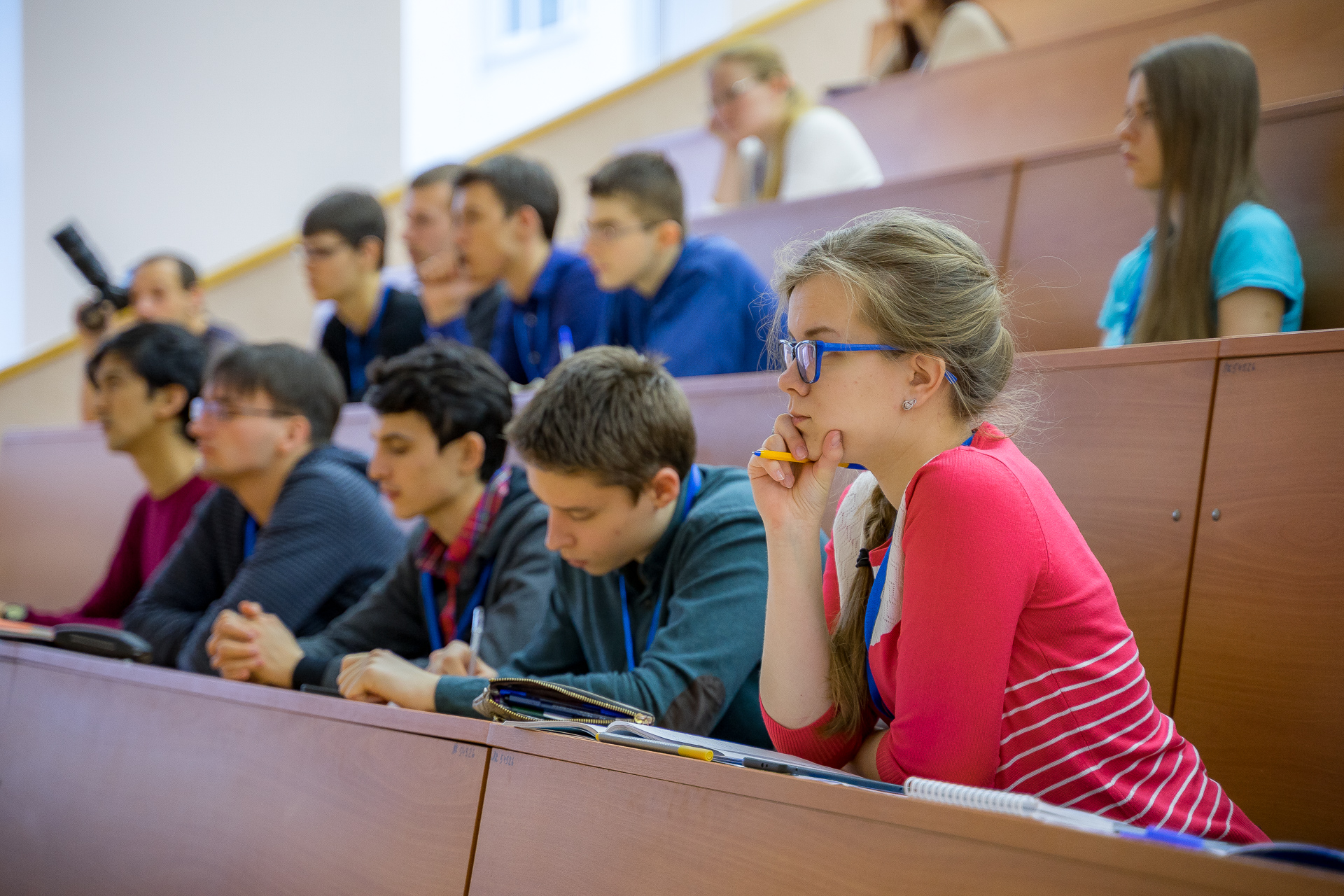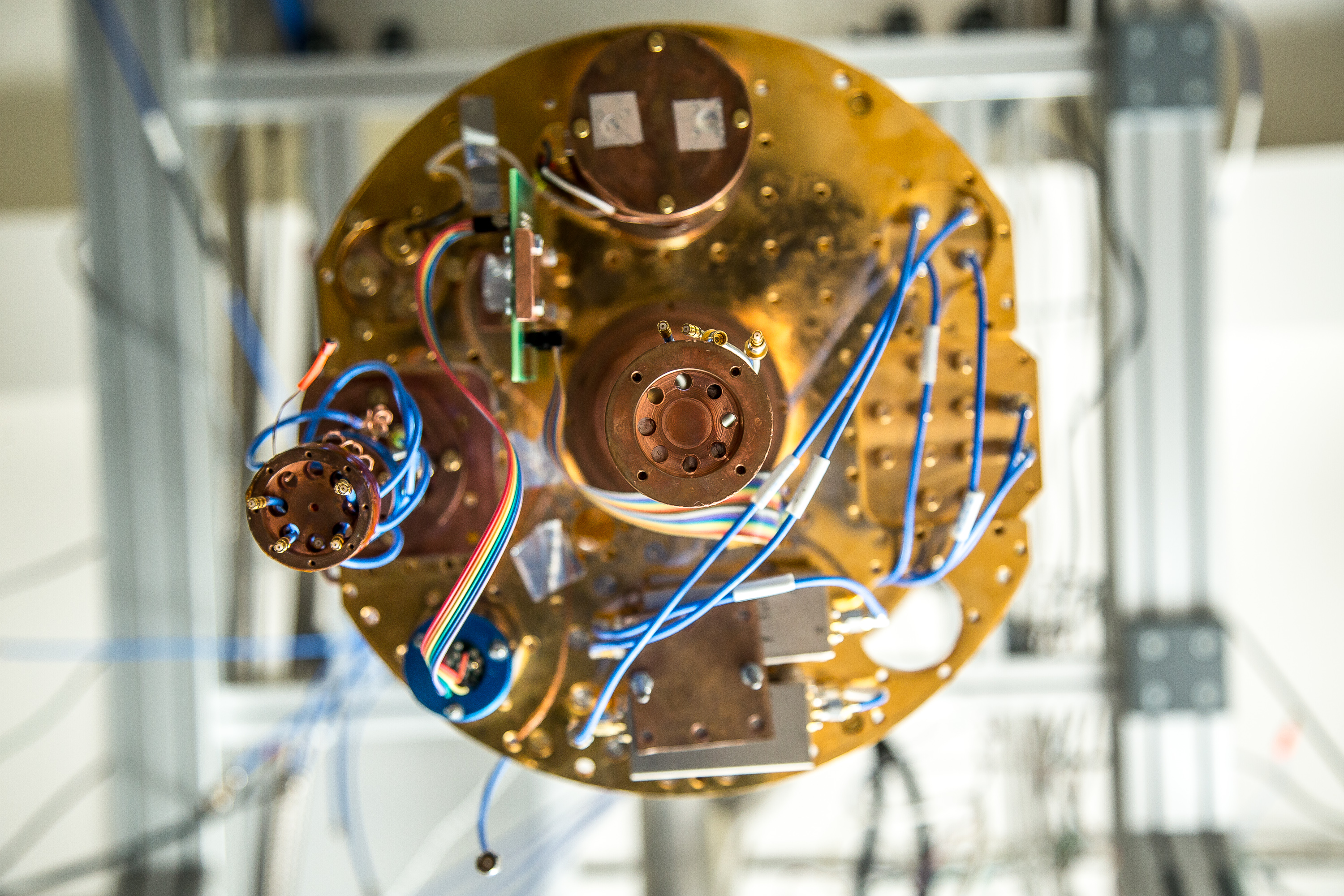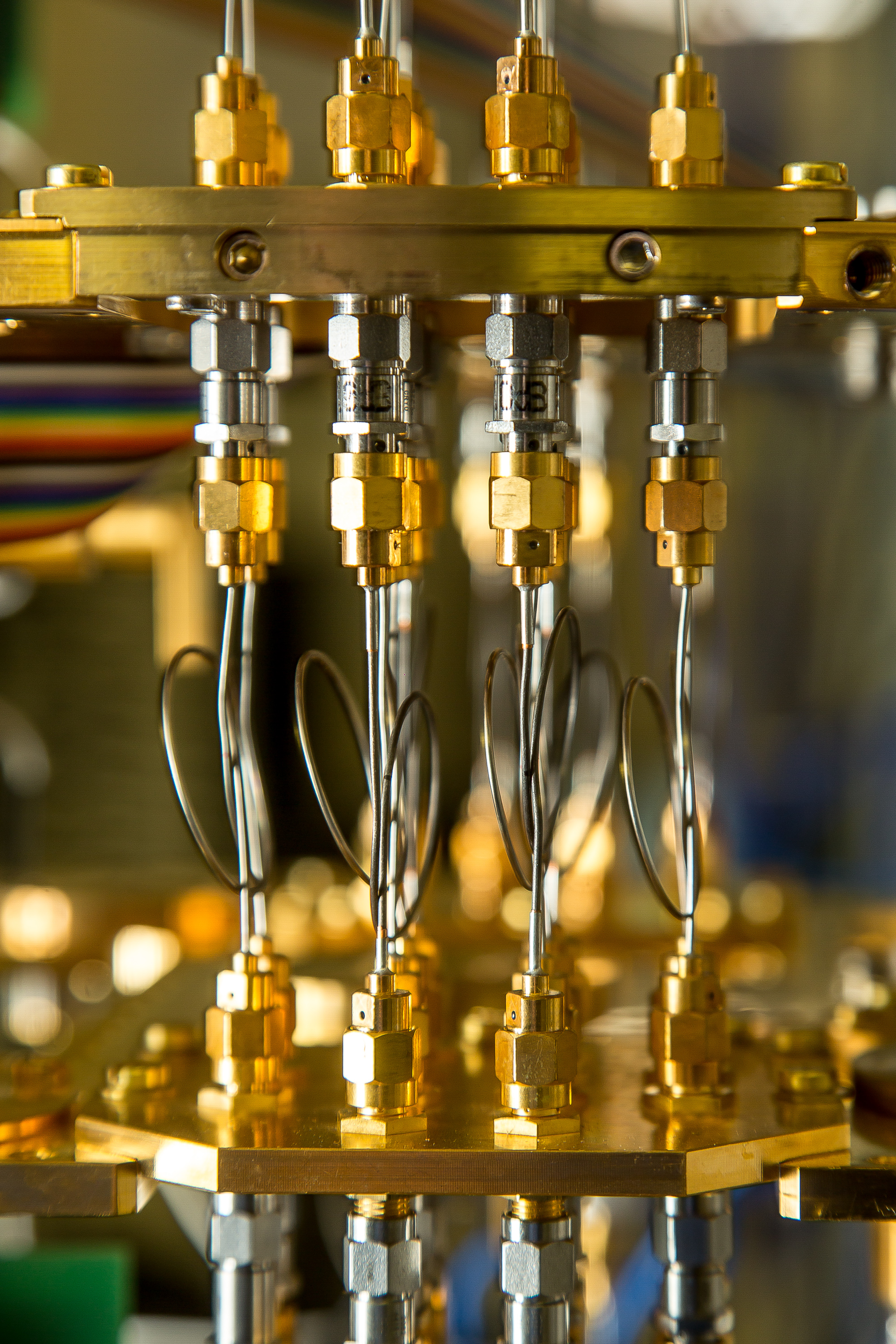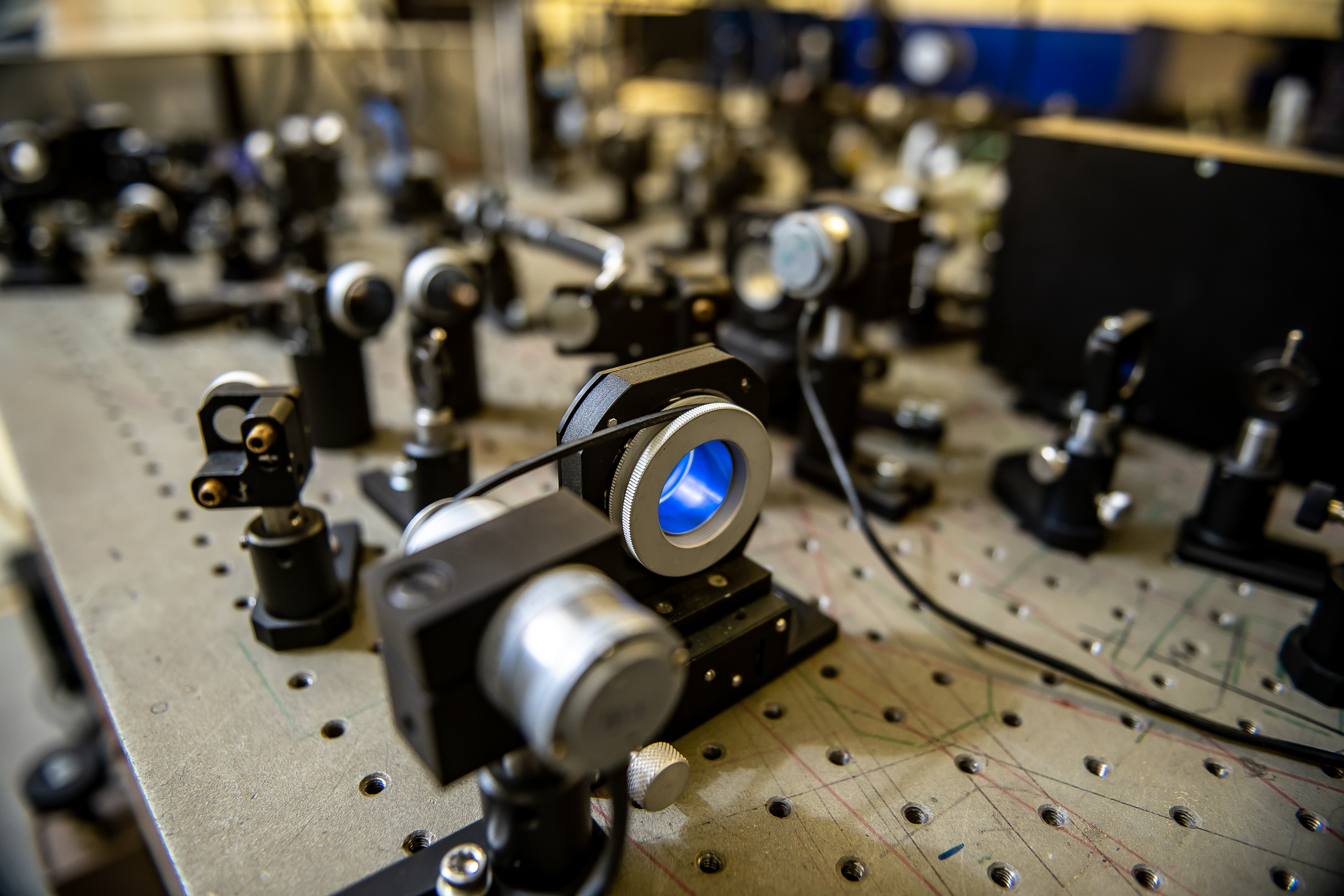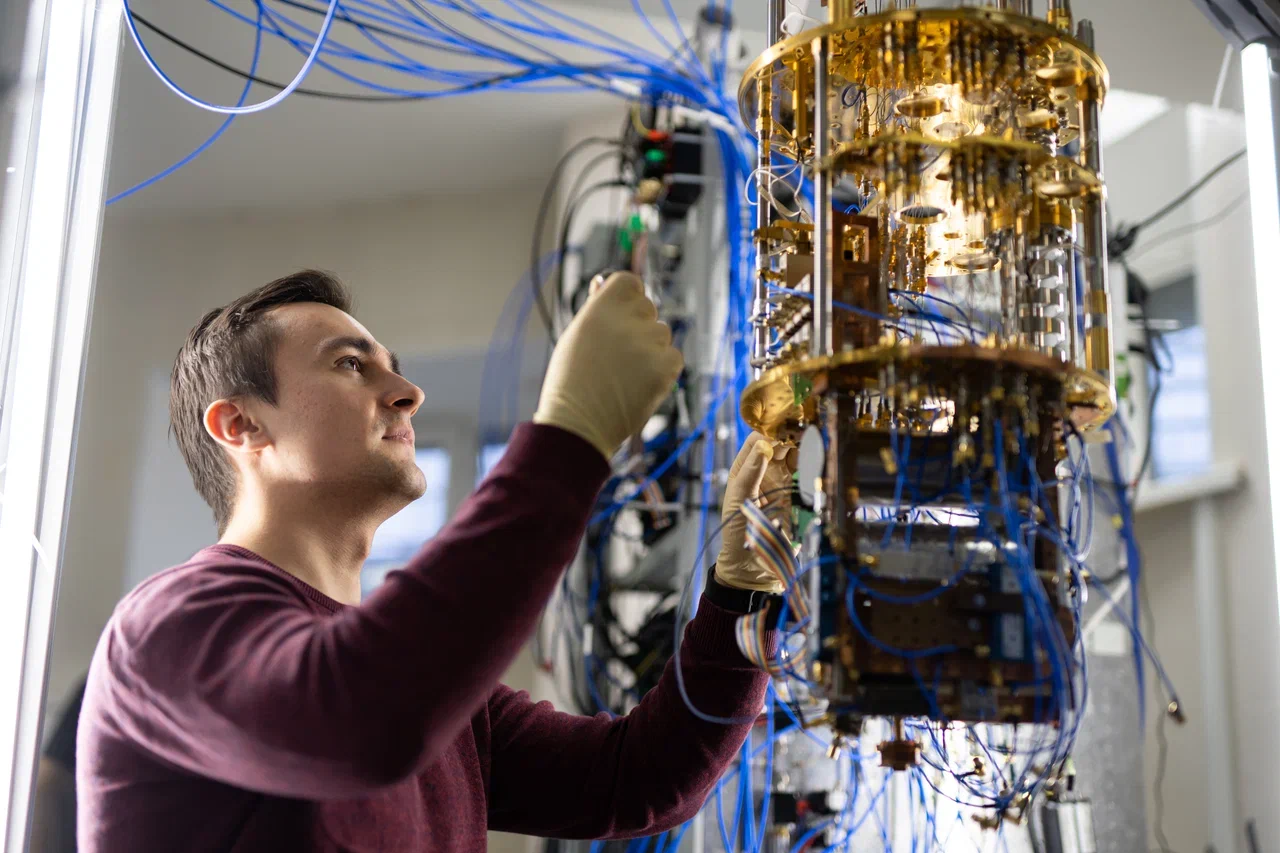
International Scientific Physics Olympiad
The International Scientific Physics Olympiad as an opportunity to prove your knowledge in theoretical and experimental physics in your homeland’s national team
 With the scope of expanding cooperation between the countries in terms of finding and supporting talented youngsters, we invite national physics teams to take part in International Scientific Physics Olympiad (ISPhO) in 2025.
With the scope of expanding cooperation between the countries in terms of finding and supporting talented youngsters, we invite national physics teams to take part in International Scientific Physics Olympiad (ISPhO) in 2025.  The Olympiad is planned to be held from June 29 to July 7, 2025 in Khanty-Mansyisk, Russia. The Government of Khanty-Mansi Autonomous Okrug–Yugra and Moscow Institute of Physics and Technology (MIPT) backed by the Russian Ministry of Education act as the Olympiad organizers.
The Olympiad is planned to be held from June 29 to July 7, 2025 in Khanty-Mansyisk, Russia. The Government of Khanty-Mansi Autonomous Okrug–Yugra and Moscow Institute of Physics and Technology (MIPT) backed by the Russian Ministry of Education act as the Olympiad organizers.
Participants arrive at MIPT from June 27 to June 28 2025.
News
Scientific Festival of the International Scientific Physics Olympiad
Dear team leaders, participants, and guests of the Olympiad! We start our publications of Scientific Festival of the Physics Olympiad!
Publications of Scientific Festival you can find here
The format is the same as the last year - the lectures on physics, engineering, and interdisciplinary sciences that help you expand your horizons and prepare for the challenges at ISPhO + methodical part with the specific problems.
1. Let's watch first part of the lecture "Quantum Mechanics. Basic notions" by PhD, Professor of MIPT Landau Department of Theoretical Physics Mikhail Ivanov. In this lecture we overview the structure and interpretation of quantum mechanics using the example of one-dimensional particle motion.
And to our first lecture, we've got some problems for you to work on, so you can practice and consolidate what you've learned from the lecture. You can use literally anything to solve the problems.
ISPhO 2025. Science Festival. Quantum Mechanics
Keys for tasks you can find here:
T1. Particle in infinite narrow well
2. For your attention the second part of the lecture "Quantum Mechanics. Basic notions" by Mikhail Ivanov. We continue involving in the world of quantum mechanics. Enjoy the lecture!
Also, have a look at tasks related to the lecture
ISPhO 2025. Science Festival. Quantum Mechanics. Part 2
Keys for tasks you can find here:
T3. Quantum well with electrons
3. Lecture №3 - "Introduction to X-ray Astronomy" by PhD, Research Fellow at Space Research Institute of Russian Academy of Sciences, Natalia Lyskova
Also, have a look at tasks related to the lecture:
ISPhO 2025. Science Festival. Introduction to X-ray Astronomy
Keys for tasks you can find here:
Т5. Cyclotron resonant scattering features
4. We continue our Scientific Festival and offer you to watch lecture №4 "Light guiding and Bragg gratings" by PhD, Leading Researcher of the Institute of Theoretical and Applied Electrodynamics of Russian Academy of Sciences Alexander Dorofeenko
Also, have a look at tasks related to the lecture:
ISPhO 2025. Science Festival. Light guiding and Bragg gratings
Keys for tasks you can find here:
Т6. Fiber Bragg grating mirror
Т7. Fabry-Perot cavity in fiber
5. We prepared a mini-review of tunneling and the technology that enables the manufacturing of a tunneling junction. We also present two problems related to quantum devices that operate based on these principles.
ISPhO 2025. Science Festival. Quantum devices
Keys for tasks you can find here:
6. The Academic Committee of the Olympiad recommends watching an important lecture from the last year "On the basics of semiconductors physics" by PhD in Physics and Mathematics, Head of Laboratory on New Materials for IR Photonics at Lebedev Physical Institute Sergei Nikolaev. We'll look at this topic from the history of semiconductors and to the basic concepts and new horizons opened up after the discovery of graphene.
Also, have a look at tasks related to the lecture:
ISPhO 2025. Science festival. Semiconductor
Keys for tasks you can find here:
Т11. Сharge carriers in semiconductor
7. Look what we have! Long educational task about the microstructure of ferromagnetic matter. It provides a step-by-step explanation of the origins of the Curie temperature and how domains work.
ISPhO 2025. Science Festival.Ferromagnet model
8. Dear friends! Must-watch final lecture "Kelvin-Helmholtz Instability and Instability Waves in Turbulent Jets in Application to Aeroacoustic Problems" by PhD, Head of Department of Aeroacoustics and Aircraft Ecology of Central Aerohydrodynamic Institute Victor Kopiev is for your attention!
Also, have a look at tasks related to the lecture:
OLYMPIAD TIMELINE
of the Physics Olympiad
event







final team composition
of participants at MIPT
Training Camp
Become the best!
event program
|
|
Students |
Leaders and Observers |
|
June |
Science Festival |
|
|
June 27th-28th |
Arrival at MIPT (Moscow) |
|
|
June 29th |
Transfer to the Olympiad (Khanty-Mansiysk) |
|
|
Arrival of delegations + Registration |
||
|
June 30th |
Opening ceremony |
|
|
July 1st |
Instructions Activities, excursions and experimental exam training* |
Board meeting: Discussion and translation of Experimental exam |
|
July 2nd |
Experimental exam |
Activities and excursions |
|
July 3rd |
Activities, excursions and experimental exam training |
Board meeting: Discussion and translation of Theoretical exam |
|
July 4th |
Theoretical exam |
Activities and excursions |
|
July 5th |
Activities, excursions and experimental exam training |
Marking |
|
July 6th |
Activities, excursions and experimental exam training |
Moderation |
|
July 7th |
Closing ceremony |
Closing ceremony/Board meeting + Medals distribution |
|
July 8th |
Departure to IPhO training camp/Departure |
|
|
July 8th-July 15th |
IPhO training camp at MIPT |
|
|
July 15th |
Departure |
|
*experimental exam training consists of training in the use of standard and advanced equipment for performing experimental tasks at international physics Olympiads
TASKS AND SOLUTIONS OF ISPhO 2024
| Theoretical Examination |
| T1 Task and solution |
| T2 Task and solution |
| T3 Task and solution |
| Experimental Examination |
| E1 Task and solution |
Syllabus ISPhO
Task’s syllabus will correspond the syllabus used at
Asian Physics Olympiad (APhO)


